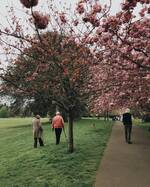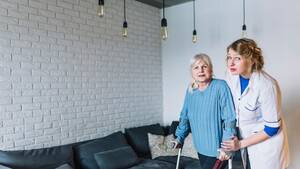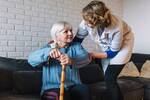Key Takeaways
- Understanding the needs and challenges faced by aging loved ones.
- Effective communication strategies to ensure their well-being.
- Available resources and services to provide the best care.
- Tips for balancing caregiving responsibilities with personal life.








